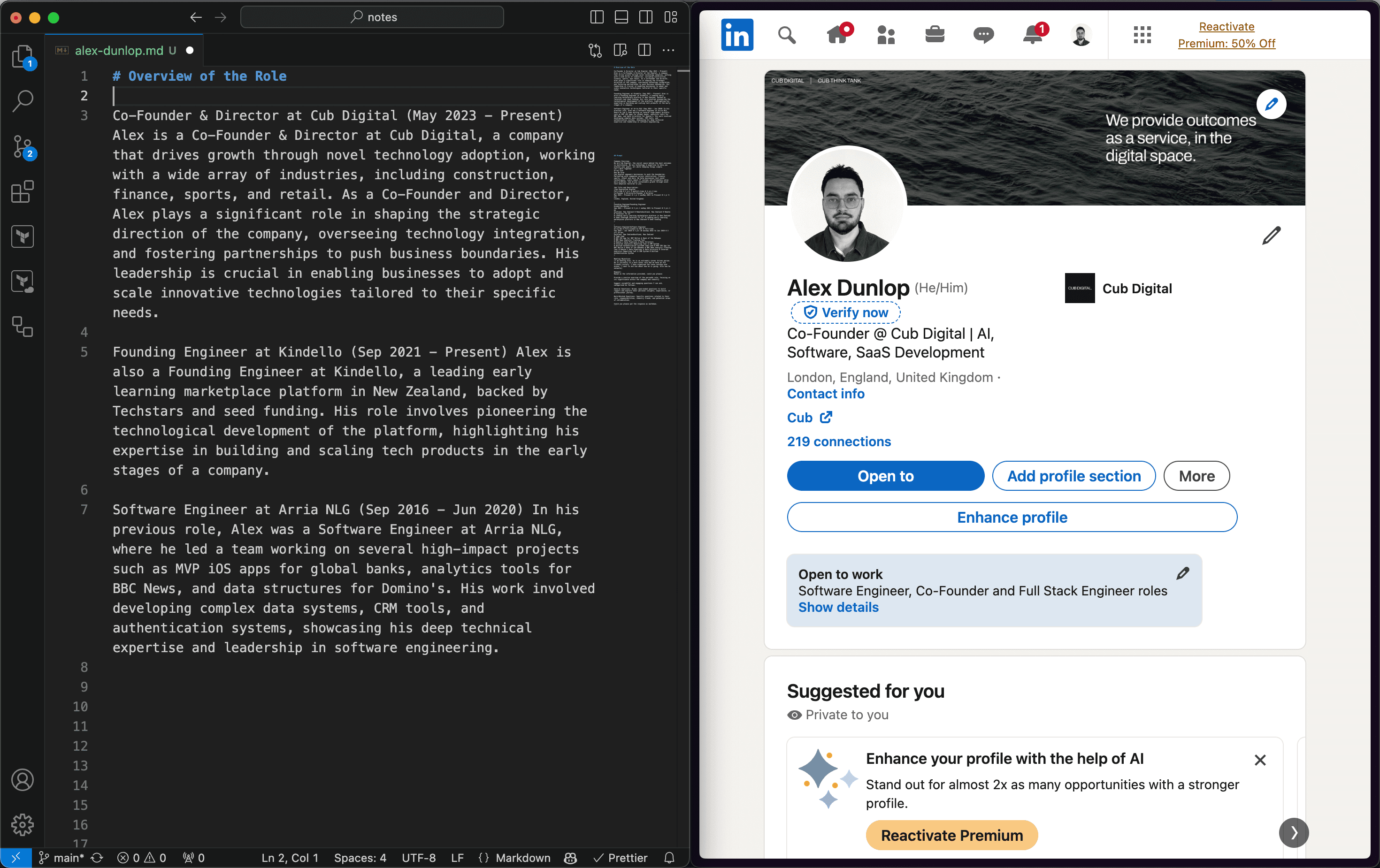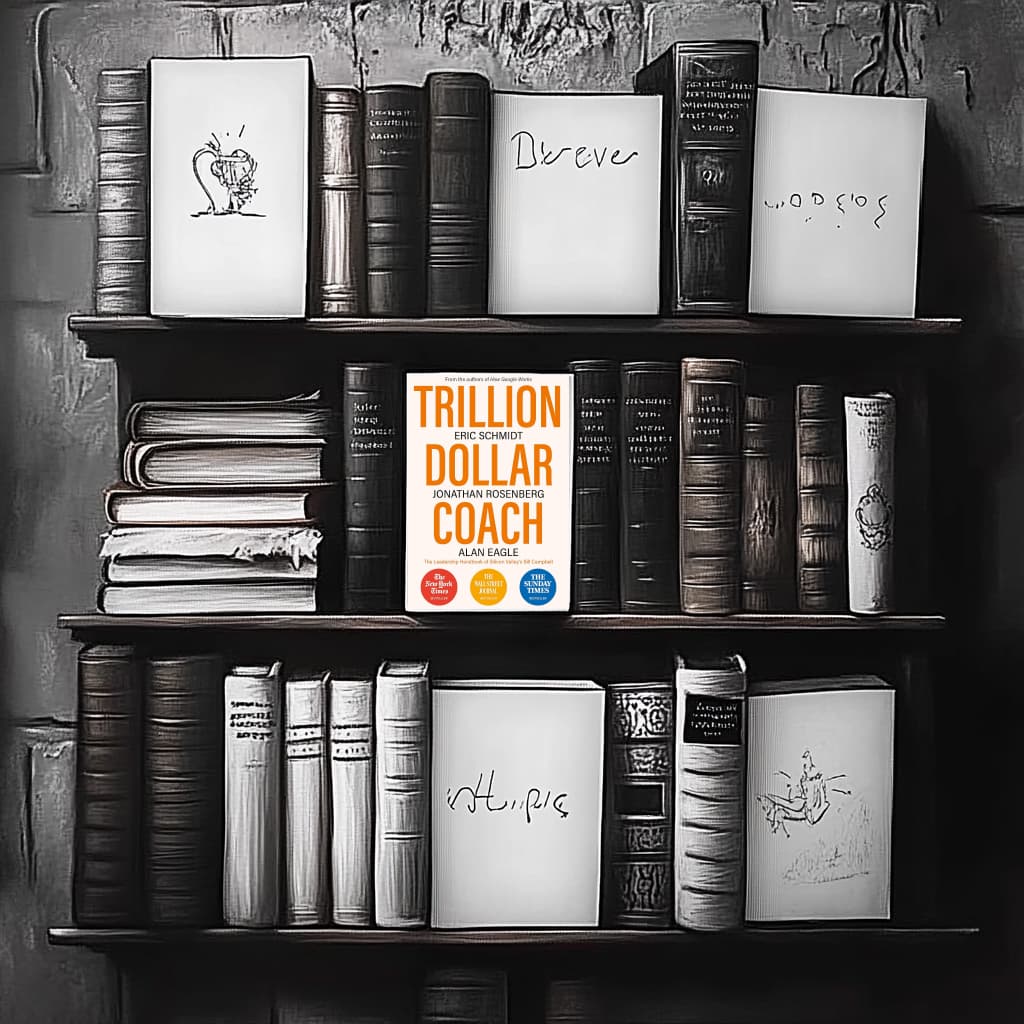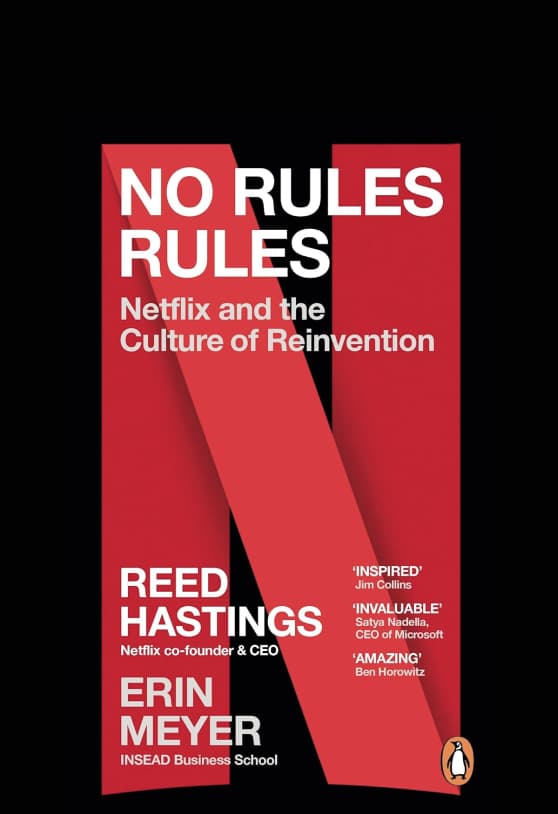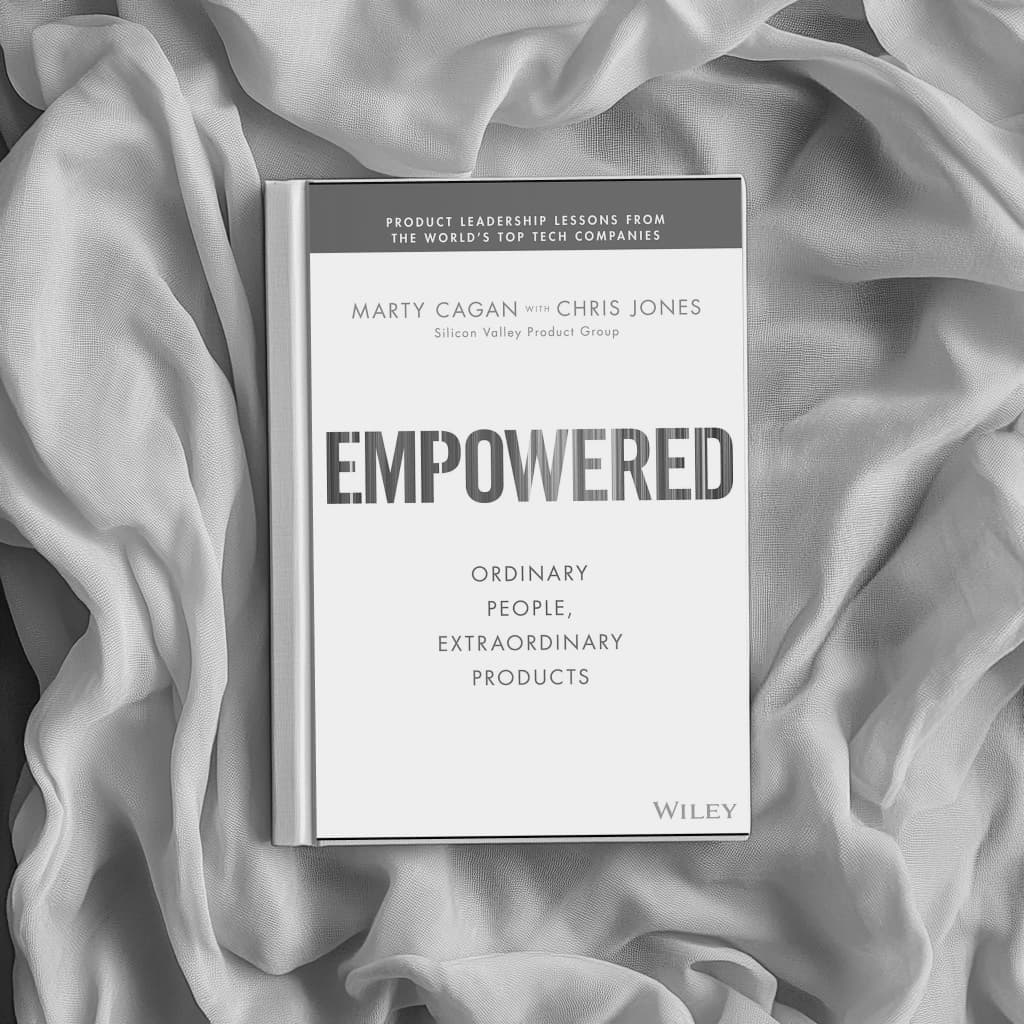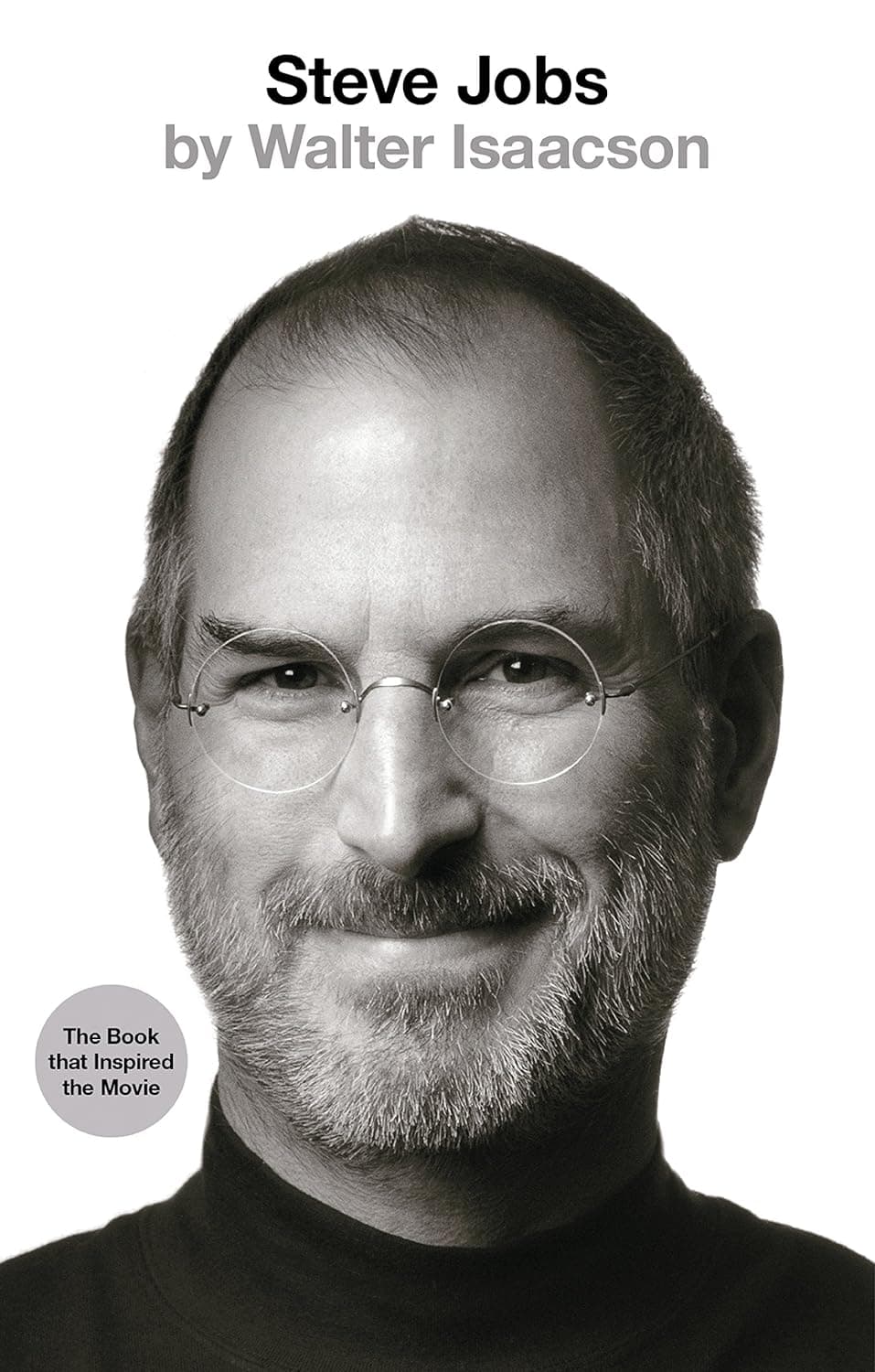Canva - Giving Away Your Legos
GET THE #1 EMAIL FOR EXECUTIVES
Subscribe to get the weekly email newsletter loved by 1000+ executives. It's FREE!
Overview
This is an interview between Cameron Adams (CPO) from Canva and Lenny.
While they cover a range of interesting topics like MVPs, novel approaches to SEO, end to end user onboarding etc.
This post will be focused on what I found most interesting - their approach to culture and management.
Giving Away Your Legos
Simply put, you need to be able to give away things you are doing right now in order to get to that next level of the journey.
This solves both a scaling issue and a culture issue through cooperation.
The key takeaways are that:
- You need to think about who to bring in and what systems you need in order to support scale
- You need to be comfortable doing this
- You need to be passing on experience and enabling others to be able to do great work
Practically this means:
Giving people the opportunity.
And that's opportunity with support - they do this with their novel coaching method, which we can get into.
As a company and at an individual level, we need to understand the pivot points for when you need to be coaching others into your opportunities.
When these opportunities are given, you need to push people out of their comfort zone and give them ownership.
When people come up with products and ideas that makes sense, listen to them and let them do it.
Give them the push.
Coaches not managers
A coach is simply someone who is in your lane of specialty who is in charge of the structures and trajectory needed for the person to grow.
This might be with one-on-ones or with documents.
In order to get a larger picture this coaching methodology is paired with 360 feedback.
The coaching approach is top down, meaning in order to have this process and culture be for everyone, it would be important for executives to be receiving coaching too.
A strong growth mindset is encouraged and built throughout all levels of the company.
Giving away your legos continued
There are additional posts on this idea namely this article interviewing Molly Graham
Here are some supplementary quotes to support this idea.


The next best thing you can do is point to the new bright, shiny tower that needs to get built. This will allow for people to let go over their current legos

30 to 50 people is where you go from being a family to being a company, and everything starts to get really hard.

